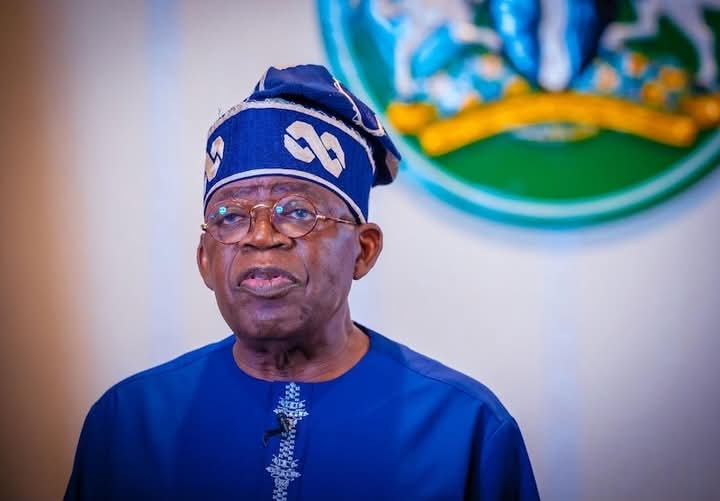The Federal Government, FG, has announced a renewed push to combat illiteracy and close the country’s digital divide, aligning with the 2025 International Literacy Day theme, “Promoting Literacy in the Digital Era.”
The initiative, which is a key part of President Bola Tinubu’s “Renewed Hope Agenda”, focuses on using data, technology, and inclusion to ensure all citizens have access to quality education.
The announcement was made at a press briefing organised by the National Commission for Mass Literacy, Adult and Non-Formal Education (NMEC) in Abuja.
READ ALSO: FG unveils programme to combat post-harvest losses
Suwaiba Ahmed, the Minister of State for Education, highlighted literacy as the bedrock of national development and emphasised the government’s commitment to reaching all Nigerians, regardless of their age or background.
The government’s new strategy involves a comprehensive, data-driven approach to identify and enrol out-of-school children and adults.
According to the minister, this initiative is designed to create reliable data that will help enrol millions into literacy programs that are inclusive, relevant, and empowering.
Ahmed stated that the government is determined to control its own education data system to ensure transparency and effectiveness in resource allocation and progress tracking.
In addition to data collection, the government is leveraging technology to expand access to literacy programs in both urban and rural areas, including remote communities and internally displaced persons (IDP) camps.
The ministry urged development partners, civil society organisations, and traditional leaders to join the effort to ensure no Nigerian is left behind.
John Edeh Onimisi, the acting Executive Secretary of NMEC, revealed that the nationwide digital enrollment initiative is already surpassing its initial goals.
While the target for the Abuja Municipal Area Council was 3,876 learners, the program has already enrolled over 27,000 individuals across the country.
Onimisi stressed that literacy is a fundamental right for all, especially for adults and adolescents who missed their education due to conflict, health issues, or other challenges.
NMEC’s digital education program uses radio, television, and mobile applications to make learning more accessible and relevant.
There are plans to scale the initiative across all 36 states and the Federal Capital Territory (FCT), covering 377 local government areas.
The programme aims to boost digital literacy and equip participants with the necessary skills to thrive in the modern digital economy.
Oladeji Adeyemi, Director-General of UNESCO, delivered a goodwill message, noting that 21st-century literacy extends beyond basic reading and writing.
READ ALSO: NUPENG commences nationwide strike amid FG intervention, Dangote dispute
He defined it as the ability to “think critically, navigate digital tools, and thrive in a technology-driven world.”
Adeyemi reiterated UNESCO’s view of literacy as a catalyst for sustainable development and social inclusion. He also highlighted UNESCO’s ongoing collaboration with Nigeria on teacher training, skills development, and media and information literacy.



